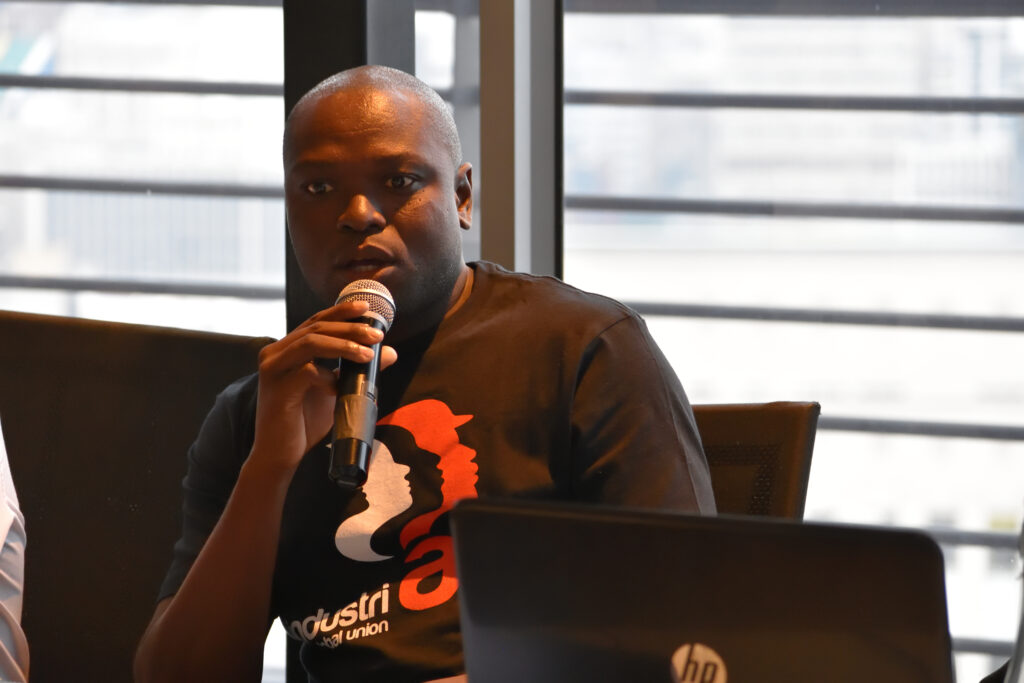30 January, 2020IndustriALL Global Union affiliate the National Union of Metalworkers of South Africa (NUMSA), will meet commodity trader Glencore in consultative meetings about retrenchments at Rustenburg Smelter. The meetings will be mediated by the Commission of Conciliation Mediation and Arbitration (CCMA).
The meetings will discuss the notice given to NUMSA by Rustenburg Smelter which says, “the business is no longer financially viable.”
NUMSA says it will go into the consultations to save the 665 jobs that will be lost if Rustenburg Smelter is closed. The management at the smelter, which is owned by Glencore (79.5 per cent) and Merafe (20.5 per cent), said in a notice to NUMSA that the smelter is no longer profitable and is operating at a loss.
This is due to aging technology, expensive energy which accounts for 30 per cent of production cost from power utility Eskom, as well as other subsidies paid by industrial customers to Eskom. Further, the introduction of a carbon tax, increased transport and other import costs have contributed to the loss. The company also says that producing ferrochrome in South Africa is more expensive than in other countries.
Phestus Motshabi, NUMSA’s local secretary for the Rustenburg local said:
“We are still waiting for the announcement of the dates by the CCMA when the mediation will begin, and will do our best to save as many jobs as possible and urge the management to approach these discussions in good faith. They must fully disclose so that we can work together to find solutions. The working class is clearly under attack because workers in many sectors of our economy are being served with retrenchment notices.”
Glen Mpufane, IndustriALL director of mining said:
“We hope that a solution will be found that involves saving jobs and that the ongoing negotiations with Glencore will come up with an amicable way forward for the union and the company. Mining companies shouldn’t be too quick to retrench workers when market conditions are tough but should first explore options to preserve jobs.”
According to the Department of Mineral Resources and Energy, South Africa is the world’s largest producer of chromite and ferrochrome in the world with reserves over 72 per cent. Most of the ferrochrome is sold to China which is growing its own industry in the metal. China also buys chrome from other countries.
